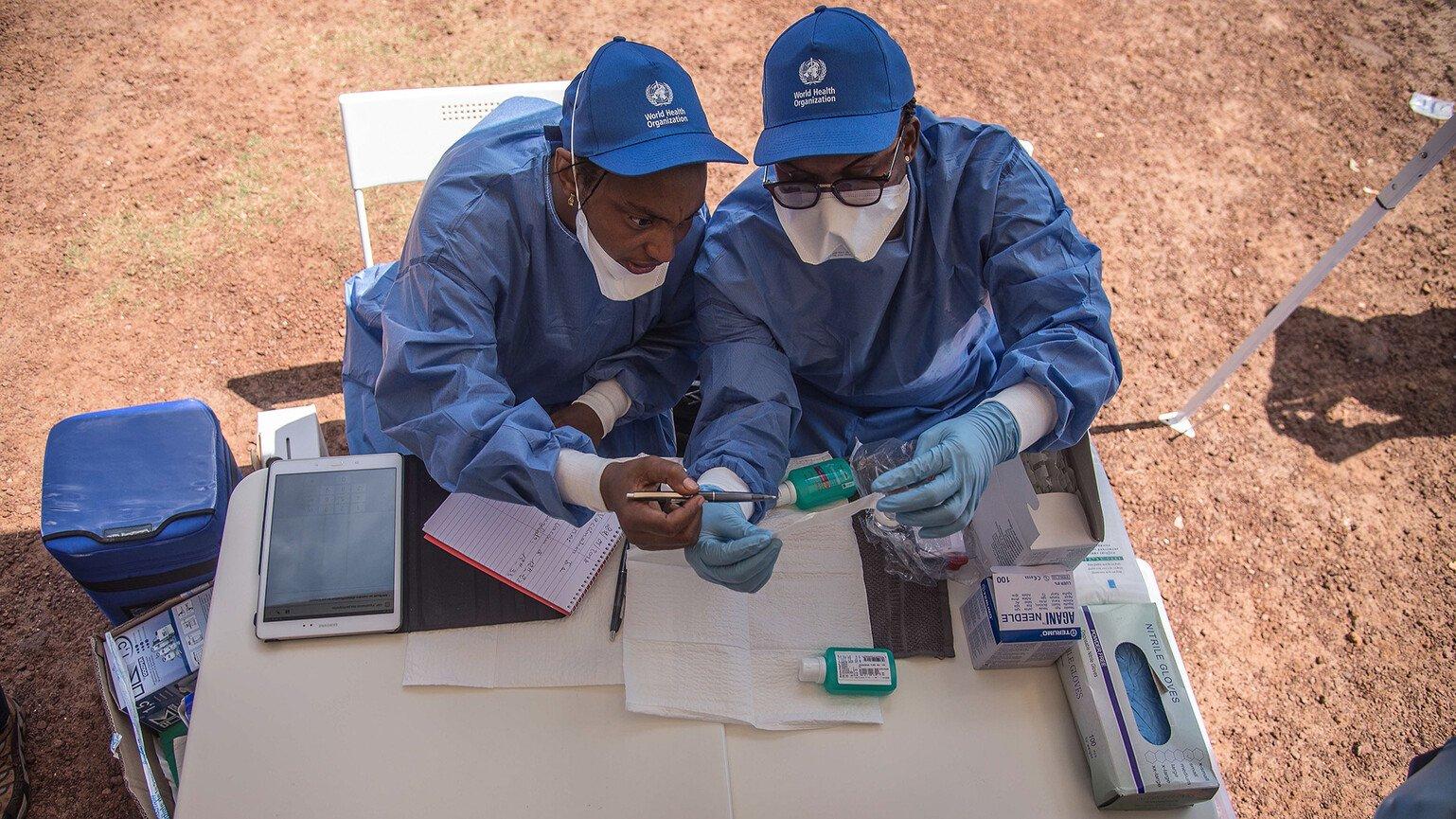From February 2026 we expanded this grant list to cover grants going back to 2000.
Variance from annual report figures
Full information about our funding each year is in our Annual Report and Financial Statements. However the figures in there differ from this dataset because this dataset:
- uses the amount awarded and excludes any supplements, funds written back and other adjustments to the award value
- excludes any awards that have been approved by Wellcome where funding details have yet to be finalised
- includes full commitment values for awards made as Programme Related Investments
- excludes directly funded activities, including Wellcome Collection
Sponsors
The sponsors listed against each award do not receive funding from these grants. The role of the sponsor on Wellcome awards are to give the applicant research guidance during the application process and throughout the grant, as well as support the applicant's development throughout the grant. Read more about the roles and responsibilities of people involved in Wellcome funding.
Research locations
This dataset is presented in two tables - Main Grant List and Additional Location Data
- Main Grant List shows the organisation administering the award and whether the research is being/was conducted at multiple locations.
- Additional Location Data shows any additional locations where the research is being conducted and whether they receive funding from the award.
To capture all the locations linked to a single award, the data from both tables needs to be combined, using the 'Internal ID’ to associate all locations to a single award.
Transfers
Where a grant has transferred to a different individual or organisation, the lead applicant/recipient organisation reflects the current award holder. This is indicated under ‘Has the grant transferred?’
Partner contributions
‘Total amount including partnership funding’ shows the total value of the award including any partner contribution. For grants with no partnership or no financial contribution from the partner, the amount awarded from Wellcome is repeated in this column to show the total value of the award.
Changes to our grant data structure from Sept 2023
Wellcome has updated its grant funding systems and changed how we structure our grant data. For example, rather than have multiple grant records relating to a single award, in some cases we have combined these into a single record. This has resulted in fewer overall grant records in this dataset compared to previous versions we have published, and in some cases shifts to the financial year which a grant is allocated to. If you’re using this data, please take this into consideration when using earlier versions of this list of grants (any with date ranges before or up to 30th September 2023).
Creation and onward use of this data
These spreadsheets have been created using the 360Giving data standard. The work is licensed under the Creative Commons Attribution 4.0 International Licence, which means the data is freely available to anyone to be used and shared as they wish. The data must be attributed to Wellcome, however we do not validate any onwards analysis, coding or use of our data.





